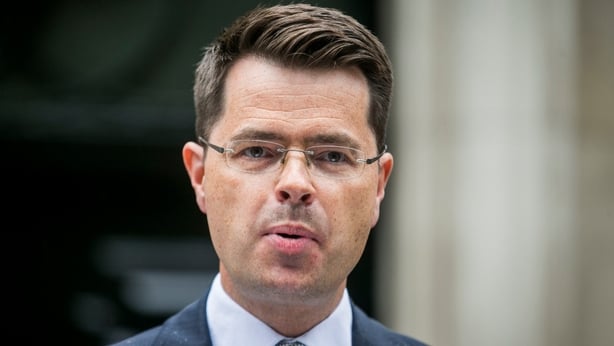British Prime Minister Theresa May has unveiled a £1.6 billion fund to help to boost economic growth in Brexit-supporting communities.
UK ministers have denied it was a bribe to win support for her EU exit deal.
The money for new jobs and training is mostly directed at northern English areas which backed leaving the European Union and are represented by MPs from the main opposition Labour party.
"Communities across the country voted for Brexit as an expression of their desire to see change," Mrs May said in a statement announcing the funds.
"These towns have a glorious heritage, huge potential and, with the right help, a bright future ahead of them," she added.
Britain is due to leave the bloc on 29 March and whose exit deal with Brussels was rejected by a large majority of MPs in January. Mrs May has promised that parliament will get to vote on a revised deal by 12 March.
The UK government said the fund would be targeted at places that had not shared fairly in the country's prosperity and would be used to create new jobs, help to train people and boost economic activity.
The opposition Labour Party's finance spokesman, John McDonnell, said the fund was "Brexit bribery".
"This towns fund smacks of desperation from a government reduced to bribing Members of Parliament to vote for their damaging flagship Brexit legislation," he said in a statement.
However, Communities Secretary James Brokenshire said the money was not linked to support for the withdrawal agreement.

"This is funding is there regardless of the outcome," he told BBC radio when asked if the money was a bribe. Obviously we want to see a deal happening. But no, there is no conditionality in that sense."
Some £1bn has already been allocated, with more than half going to towns across the north of England.
A further £600m will be available for communities around the country to bid for, the government said.
Critics said that the fund, when divided between a large of areas, would not provide individual towns with that much money, nor make up for what they had lost as a result of government cuts in recent years.
Mr Brokenshire did not say how many towns would benefit but said the money could be "transformative".
"It can make that difference on creating the jobs, actually putting the skills in place and changing people's lives in a modern positive economy," he said.
Meanwhile, the EU's chief Brexit negotiator Michel Barnier will meet Britain's negotiating team tomorrow in Brussels, an EU spokesman said, as both sides seek a breakthrough in the Brexit backstop.
Mr Barnier "will meet tomorrow afternoon" with the UK attorney general Geoffrey Cox and Britain's Brexit minister Stephen Barclay, European Commission spokesman Margaritis Schinas told a regular news briefing earlier today.

